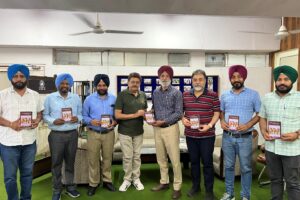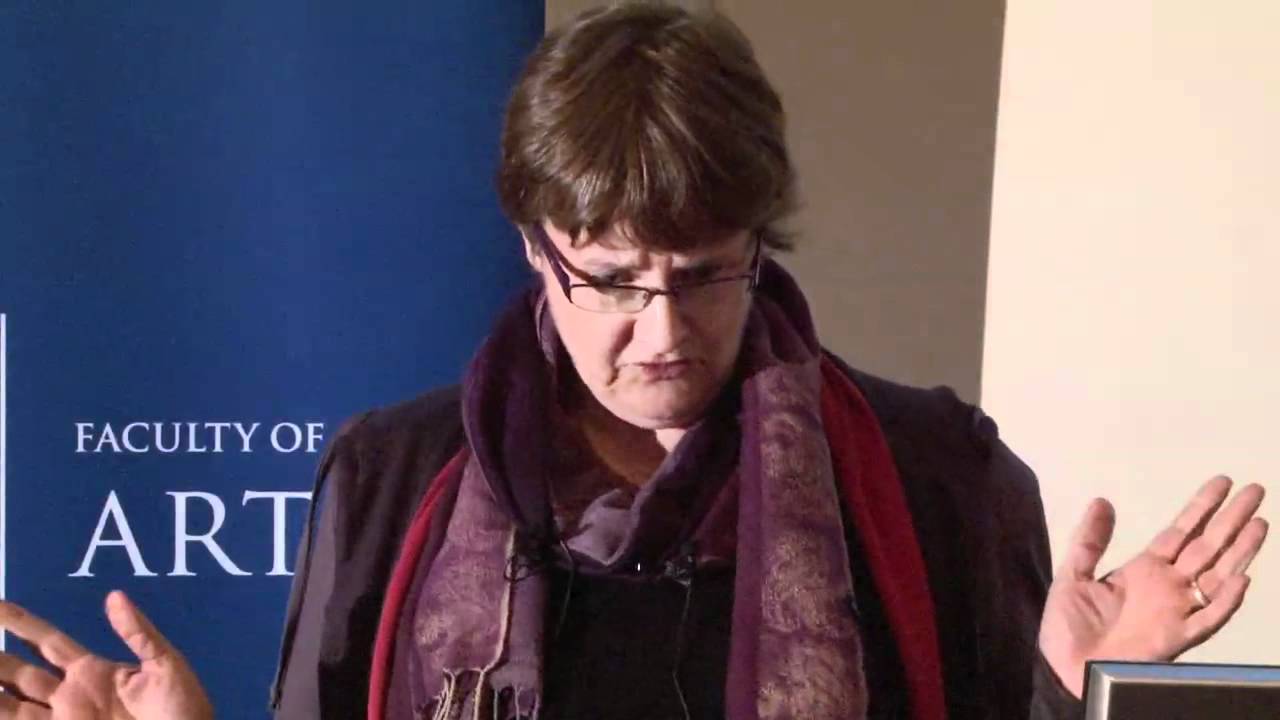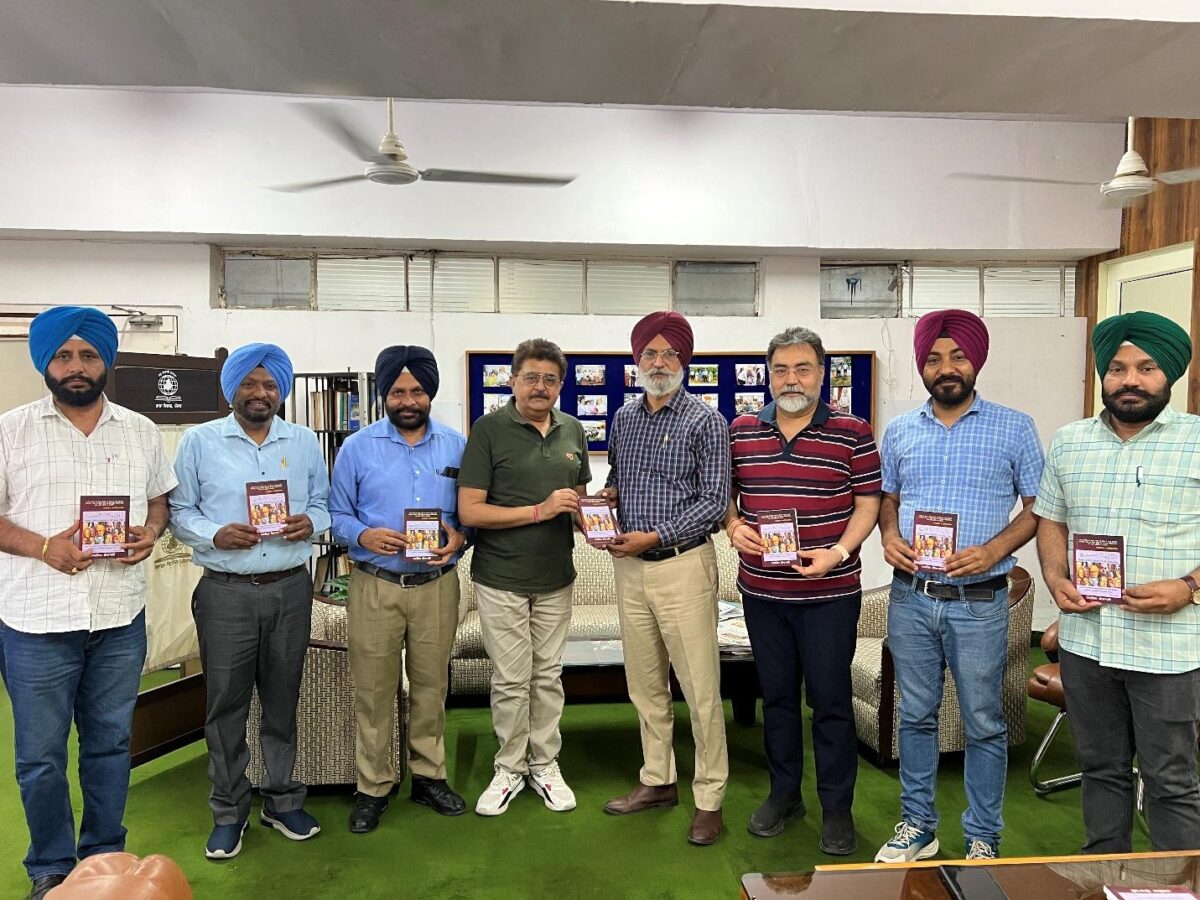Let’s take a walk down the Rabbit-Hole of the MSM, better yet, or even worse depending on your view “The British MSM”. The Brit MSM is worse in a lot ways than even “The American MSM”, but they write with an accent. They also have an out of wack view of American’s, as do most foreigners which always gives me a chuckle. (the rest of the world really doesn’t understand us)
I give you with my Fisking, Ms. Margaret Simons an award-winning freelance journalist and author. She is an honorary principal fellow of the Centre for Advancing Journalism and a member of the board of the Scott Trust, which owns Guardian Media Group.
Can democracy work without journalism? With the US election upon us, we may be about to find out
Most serious news organisations are not serving the politically disengaged, yet it’s these voters who will decide the next president.
You have to love it, news organizations like the Guardian, the NYT, WaPo, all consider themselves as “serious news organisations”. The people in the U.S. and GB. certainly don’t think they are. The average person on both sides of the pond understands that they all just opinion rags, while wishing they weren’t.
It is commonly claimed that democracy can’t work unless you have journalism, and a free media at that. How are people to decide how to cast a vote if they don’t access independent, reliable information?
No journalism was the death of free media. It took the place of “Reporting”. Reporters gave you what they believed were the facts and let the reader draw their own opinion. Journalism is the craft of shaping the facts as the writer guides the reader into the opinion that they want them to reach.
With the US election upon us, we may be about to find out.
Because, more than ever before, the people who decide the election will be those who are least engaged with professional news media – the kind of researched, fact-checked content that you are likely to find in the New York Times or, for that matter, the Guardian.
Yes the kind of researched, fact-checked content that said that Covid came from a wet food market, and that Donald Trump was working with the Russians. We won’t even discuss the Vax.
Forty-three per cent of US citizens avoid the news, according to the latest Digital News Report – a worldwide survey of media use conducted by the Reuters Institute for Journalism at Oxford University.
The number of people in the U.S. who don’t trust what is said in the “news” is even hire. The MSM is trusted less than Congress. From Gallup Americans’ Trust in Media Remains at Trend Low Trust in political and civic institutions highest for local and state governments, lowest for media and Congress
Most of these people nevertheless encounter some news – not because of loyalty to a brand or because they actively seek out a preferred outlet, but because it comes at them, so to speak.
And what comes for free is either partisanly motivated, or funded by advertising – which means heavy with content pitched to draw eyeballs – sensationalism and clickbait.
Statements like that gall me, the pomposity of this woman. First off the U.S. is a 24/7 365 active society. We are saturated in news all day everyday. We pay for none of it, not even this article. If it’s not free to the consumer it isn’t going to get read. Ask any MSM outlet what their paid subscriber level is, it’s nothing. The Guardian is begging for money at the bottom of every article because no one wants to pay for this crap. The same is true with U.S. MSM.
It is the low news consumers on which the campaigning candidates are concentrating, and on which the result of the election depends.
There are no low news consumers in the U.S.. What exists is a majority of people who just don’t care what the “News Media” have to say. There is a difference there that you lack the ability to grasp.
There are significant things about news consumption that are different, this time around, from the last US election.
But before I get to how things have changed since 2020, the facts I have already given mean that all the controversies, among the politically engaged, about whether mainstream media are “sanewashing” Trump, or whether or not outlets such as the Washington Post or the Los Angeles Times publish editorial endorsements of a candidate, won’t affect the election result.
It is a debate of principal and morality, playing out among people who, overwhelmingly, have already made up their minds on how to vote. The citizens who will decide the election probably don’t even know about these controversies, and if they did they probably wouldn’t care.
No the majority of Americans and Brits do know exactly every detail of what is going on about every controversy. What we don’t like or trust is the MSMs view on it. Ask Tommy Robinson. People like him are the result of the peoples lack of trust in your ability to tell the truth.
The researchers at the Reuters Institute report that once disengaged from the news, people struggle to get back in, even if they want to.
Benjamin Toff, the author of a book on news avoidance, writes: “It’s like trying to tune into the fourth episode season of Game of Thrones without knowing who these people are, or what difference any of this makes. For a lot of people, that’s their feeling about the news.”
No that is their feelings about why no one cares what the press has to say. It is a view far from reality.
Traditionally, the journalistic mission has included making the important understandable, seeking to engage the disengaged. But while this still forms part of the rhetoric of the profession, the truth is that most serious news organisations publishing political news are not serving the politically disengaged.
Instead, with so much advertising having disappeared from media outlets to online platforms, the path to financial sustainability for serious journalism outlets lies in trying to get people who already read the news to spend more time with the outlet, and to convert them into paying subscribers.
This is essential to survival, for serious media. Yet also represents a failure of the journalistic mission.
All this challenges our conventional ideas about the connections between democracy and journalism.
No it challenges your conventional ideas. There no longer is a connection between democracy and journalism because “Hournalism” is political propaganda. When you all became “Journalists” you stopped “Reporting” the facts and the news. That is what has cost your organizations the loss of your revenue stream. No one wants to pay to be spun and lied to.
It is true that democracy and journalism grew up together, and that each strengthens the other, but they are not as indivisible as the journalism profession suggests. Ancient Greece had democracy (though not for slaves) but no journalism. Al Jazeera provides journalism, but has its headquarters in non-democratic Qatar.
And, in today’s western democracies, we now have political journalism that risks no longer being mass media, but elite media.
Oh my God, the narrative and the spin literally isn’t being bought and paid for by the peasants, excuse me I mean the consuming general public. Whatever shall they do?
And then on top of that, playing to the mass, we have content. All kinds of content, much of it partisan, distorted and sometimes straight-out lies.
Do a little self-reflection.
In the last US election in 2020, we worried about misinformation and conspiracy theories spread through social media, and Facebook in particular.
No the governments on both sides of the pond, along with the MSM, and Tech Companies suppressed and censored the truth, the facts, along with the voice of anyone not parroting their narrative.
Four years later, news consumption on Facebook is in decline across the world, largely because owner Meta has actively discouraged it. TikTok is on the rise as a source of news, overtaking X (formerly Twitter). Facebook and Twitter, for all their faults, did carry content from mainstream media outlets to new audiences.
But now, increasingly, it is podcasters and vodcasters and influencers who reach new audiences on social media. And they have at least some chance of reaching the disengaged and persuadable. That is why both Trump and Harris have been spending time with them.
So the individuals talking about all the varying views of the facts and issues, the podcasters, vodcasters, and influencers are reaching the people. They are making it work as a revenue stream. They are doing what you have not figured out how to do. Giving people a variety of information to make informed decisions. To choose which side of the argument to believe. Those damn pesky peasants, how dare they.
It is fashionable to blame all our current societal ills on social media. Blocking access to social media for the young is now bipartisan – if ill-defined – policy in Australia. It is, after all, so much easier as a response to the mental health crises among the young than tackling the climate change crisis, which makes depression and anxiety almost inevitable.
Except the problem is with our education systems, not the social platforms. The Teachers Union are to busy telling Johnny he’s really Jane while at the same time selling him a fairytale that mankind can change the planets climate. Which of course as a result means that they are all going to die. Instead of doing the job of teaching our youth how to think critically, honestly, make informed decisions.
Likewise, traditional news media outlets tend to blame social media for the spread of misinformation and the undermining of quality journalism.
But that is only partly right.
Surveys in Australia and the USA have shown that mainstream news media was in a crisis of trust from at least the 1970s, long before the internet, let alone Facebook and TikTok. It was therefore in rotten shape to respond to the challenges of the means of publication being in many more hands.
Oh Ms. Simons actually comes close to getting something correct. She has the time frame right, but I doubt that she has a clue as to why that time period. That time period was the birth of the “Journalist”. It was the death of the “Reporter”. The witnessing of two reporters toppling a U.S. President changed how news reporting was taught in the worlds Schools of Journalism. The change has proven to not be for the better.
Meanwhile, a recent research paper published in Nature suggests, based on a survey, that fake news and misinformation is not as influential as we may think.
The survey showed that most people have low exposure to false and inflammatory content, and they tend to distrust it. However a narrow, partisan fringe seeks it out, believing content that confirms already hard-set views.
MSM outlets like the Guardian, NYTs, Wapo, are however trusted by a select partisan elitist fringe. Believing in misinformation and inflammatory content, ie: Trump will be a Dictator, We need new lockdowns for the new Virus, etc etc. Only an elite fringe group of partisans are buying your crap. The numbers don’t lie, your subscription numbers say it all.
This suggests that political partisanship drives consumption of misinformation at least as much as the other way round.
You should know.
There are a few bright spots in all this. The Reuters Digital News Media survey shows that countries that have strong investment in public service media – such as the public broadcasters of the BBC in Britain and the ABC in Australia – have much higher rates of engagement with news and more political engagement.
So State Run Media is the best way to be informed. Pravda should have used that as their slogan.
But that doesn’t apply to the USA, where public broadcasting is tiny.
Yes PBS in the U.S. isn’t heavily relied on to deliver the Government line. Even though it exists in every market in the U.S. on both TV and Radio. Public broadcasting isn’t needed for the government line. The Government works hand in hand with big tech, and all the media outlets in the U.S. so there is no need. Every major network is peopled by people either who worked in government or is married to someone that does.
Solutions? I don’t have any easy answers, and the problems are fast-moving targets. By the time of the next US election, many citizens may be consuming news written by artificial intelligence. If we are lucky, or if governments have been smart with their regulatory responses, the robots will be aggregating reliable sources.
Yes they’ll be lucky once they’ve programmed AI to say exactly what they want us to hear, they’ll have no problems at all. Just complete control of the narrative.
But we have been neither smart nor lucky so far.
In the meantime, with the sands shifting beneath us, if we want voters to be well informed, we have to find a way of financially supporting and reinvigorating the journalistic mission – beyond internal chatter among an elite.
You could try something truly radical. Print the truth, all the facts. Present both sides of each issue without trying to influence the readers view. Report the News, don’t it interpret it.
Thank you Ms. Simons, I thoroughly enjoyed the chuckle provided by your pomposity.
- Margaret Simons is an award-winning freelance journalist and author. She is an honorary principal fellow of the Centre for Advancing Journalism and a member of the board of the Scott Trust, which owns Guardian Media Group
Views: 15

































